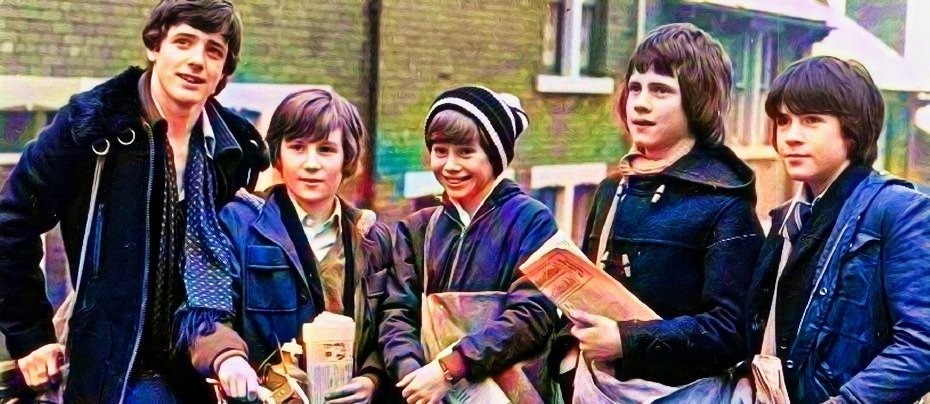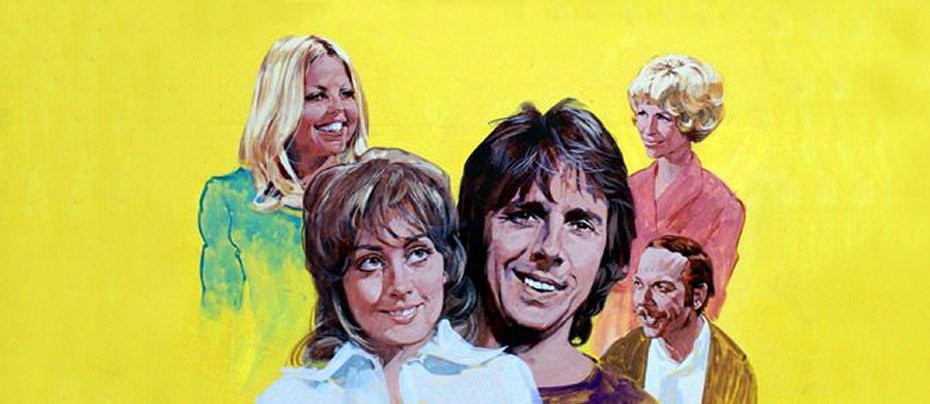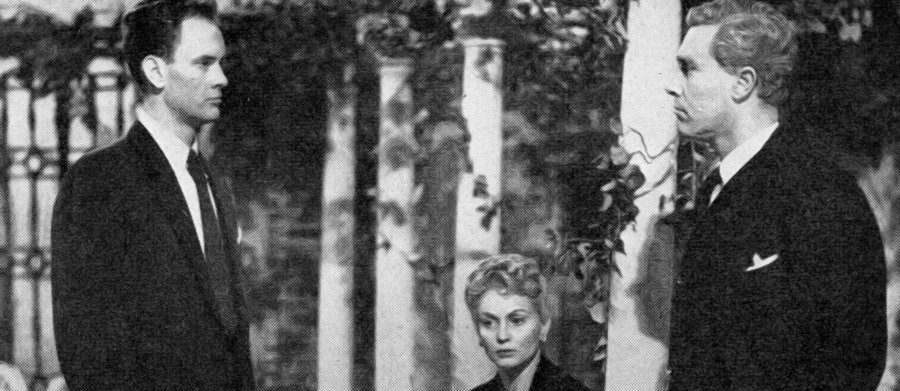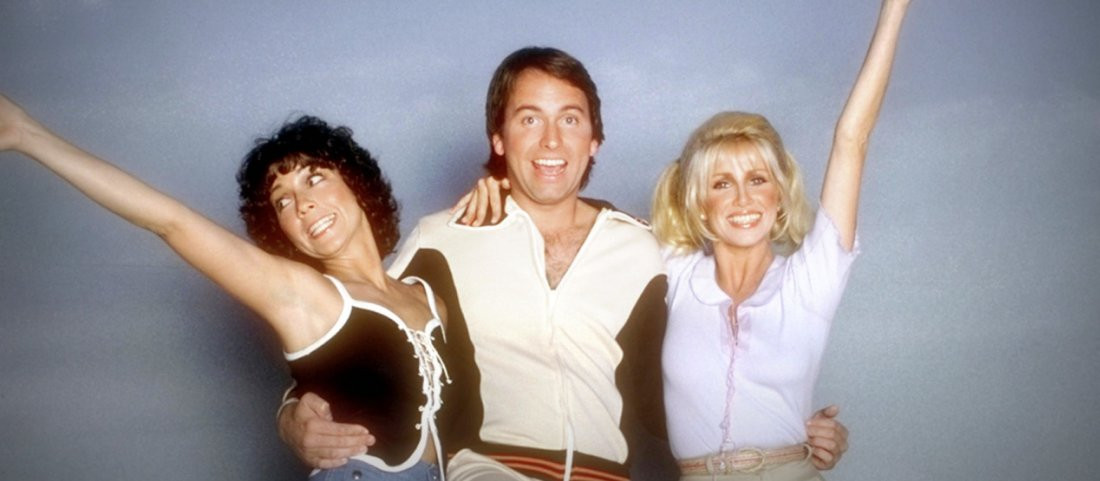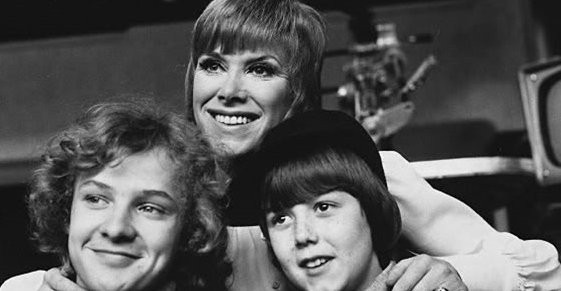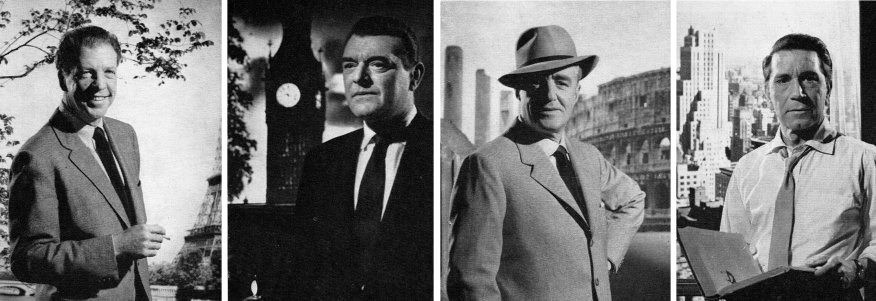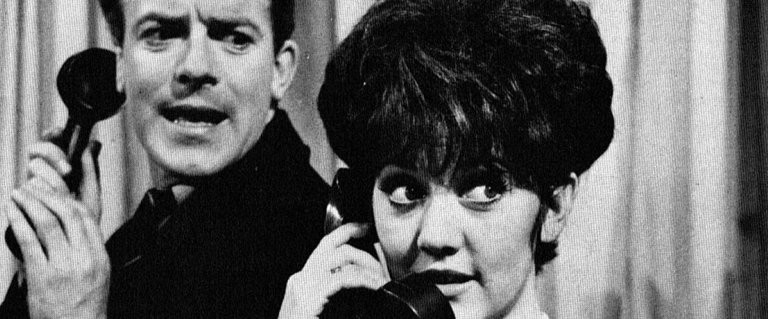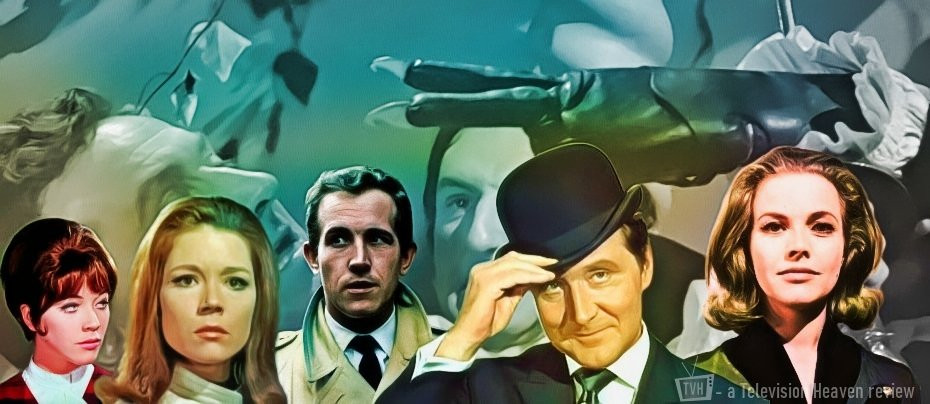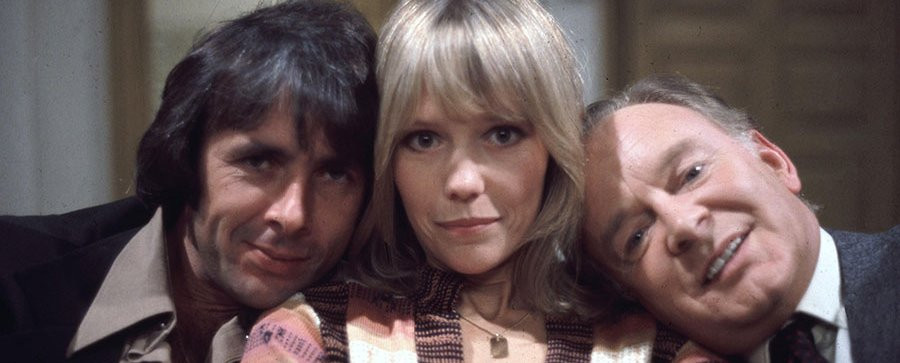
Robin's Nest
1977 - United KingdomHaving successfully spun off Man About The House into George and Mildred, writers Johnnie Mortimer and Brian Cooke next turned their attention to the male star of their original creation, Richard O'Sulivan, and treated viewers to another highly successful sitcom in which the fortunes of the former resident of 6 Myddleton Crescent, Robin Tripp, are followed into the next phase of his life.
Robin has finally passed his exams and qualified as a chef and by the time we meet up with him again he is living with another female; although this time it is not a platonic relationship. Vicky is Robin's live-in lover and together they are planning to open a bistro below the Fulham based flat where they are living. However, with Robin only recently out of college the couple need a financial backer. The bank won't lend them the money they need, but Vicky's father just might.
James Nicholls is the far from approving father, who thinks that his only daughter Victoria can do far better than Robin, a situation that is exacerbated by the fact that he frowns on their living arrangements and would be far happier if Robin made an honest woman of her. (Little does he know that nothing would make Robin happier-except in this case it is Vicky who is reluctant to make the commitment). However, when he realises that his daughter's mind is made up, he decides to relent and becomes a far from sleeping partner in the business. So, the scene is set. We have a couple striving to make their way in a brand new business, a disapproving father who is just waiting to say "I told you so", and the occasional appearance of the girl's mother to stir things up even more. What is missing? How about a one-armed Irish washer-upper? Enter Albert Riddle, an ex-con with an endless line in blarney.
Apart from sharp and witty scripts from Mortimer and Cooke, the main strength of this series lay in the casting of the principle players. The amiable Richard O'Sullivan was well practised as Robin Tripp after six series and a feature film of Man About The House, Tessa Wyatt as Victoria was suitably adept at playing light comedy (and was pretty nice to look at, too), Tony Briton, in his first regular sitcom role gave off just the right air of disapproval and superiority as the caring but snooty father, James, and Honor Blackman, always a joy to watch, guested occasionally as Vicky's mother (although she was replaced in later series' by Barbara Murray). But it was David Kelly as the one-armed Albert Riddle who stole many of the scenes he appeared in, his logic perhaps not being seen these days as quite politically correct, but nevertheless the cause of much mirth. (Robin: Where are we going to put the one-armed bandit? Albert: What do you want with me now?). Kelly went on to become one of the most prolific of Irish actors not only on television but also on the big screen where he was very much in demand having played starring roles in Waking Ned and the more recent version of Charlie and the Chocolate Factory.
One fact that is not widely known is that Richard O'Sullivan is an accomplished musician and he composed the theme music for the series. Interviewed in 1979 Richard said; "I get more of a kick when I see the words 'Theme music by Richard O'Sullivan' than when I see my own star billing."
The series broke new ground in the UK when it was screened because never before had comedic characters been shown in a Britcom as 'living in sin', and here it was made clear that they were not just living but also sleeping together. The writers had to get approval from no higher source than the Independent Broadcasting Authority before they could write about the relationship. Without that permission Robin and Vicky would have to have been married from the start, something that didn't happen until the second series. By the time the series finished (at the end of season six), they were not just married but also the proud parents of twins, although by that time writers Mortimer and Cooke had moved on to pastures new.
Just as Robin's Nest and George and Mildred were spun off for American TV so was Man About The House -appearing there as Three's Company, making Johnnie Mortimer and Brian Cooke (in writing terms) one of British sitcoms most successful exports.
Seen this show? How do you rate it?
Seen this show? How do you rate it?
Published on January 25th, 2019. Written by Laurence Marcus (23 June 2006) for Television Heaven.


